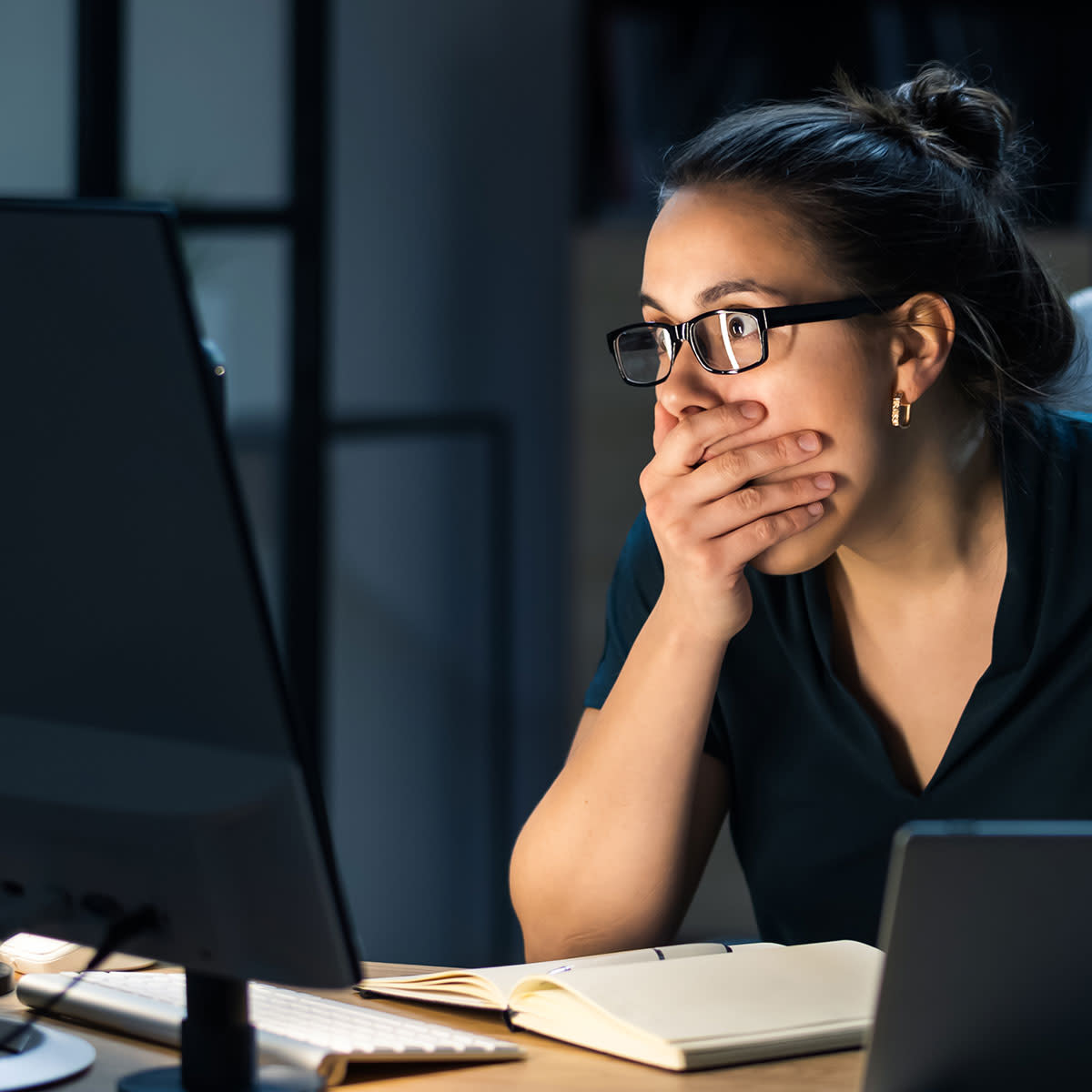3 Online Safety Tips Experts Recommend To Protect Your Personal Data From Hackers

If you own a phone or computer you are vulnerable to hacking attempts — it’s that simple. But having an online presence needn’t come with intense stress and anxiety, either. As long as you are aware of the main ways hackers gain entry into your device to snag your personal data you can cut them off at the starting line. Christofer Hoff, CSTO of LastPass, a leading password manager, let SHEFinds.com in on three online safety tips that experts recommend to protect your personal data from hackers. These tips are easy to employ and can keep you so much safer.
Don’t Use Simple Passwords
Your birthday and your dog’s name are easy to remember, but that doesn’t make them good passwords. Hoff’s number one online security tip is to avoid using simple passwords to better protect personally identifiable information and ensure secure credentials by using a password manager to manage accounts which contain secure data.
“A commonality among rising cyberattacks is as simple as basic passwords — whether phishing or inattention is to blame, password security is often overlooked,” Hoff said. “By setting a strong, unique password on all accounts, you’re mounting the first and most essential line of defense against any cyber-attacker trying to gain access to your data. Platforms like LastPass cannot only help recommend strong password options, but also store them all in a safe place (and so you don’t forget what that random strong password is after you set it).”
Enable Multi-Factor Authentication (MFA)
“Most online accounts now offer MFA techniques like biometrics, SMS authorization codes, push notifications, and authenticator apps — and by taking advantage of them, you can significantly reduce the chances that a hacker is able to gain access into your account,” Hoff said. “Each time you add another form of authentication to your tool belt, you improve your cyber security and lower the odds that your data will be breached.”
Be Mindful When Using Public Wi-Fi Networks
There are going to be times when you are out and need to or want to connect to Wi-Fi to look up information like directions or restaurant reviews. But it’s extremely important to be mindful of what you’re doing when you’re on a public network and to avoid anything risky, like putting in your credit card information to make purchases or checking your banking statements.
“It’s common for individuals to connect their devices which contain secure data to outside Wi-Fi networks at coffee shops, hotels, etc.; however, as convenient as auto-connecting to Wi-Fi network may be, all individuals should strongly consider using password-protected Wi-Fi, using a VPN and simply steering clear of accessing or sending sensitive data while utilizing public Wi-Fi,” Hoff said.
You don’t have to live in fear of hackers — take proactive steps to minimize the risks associated with hacking attempts and successes and you’ll be better protected.

